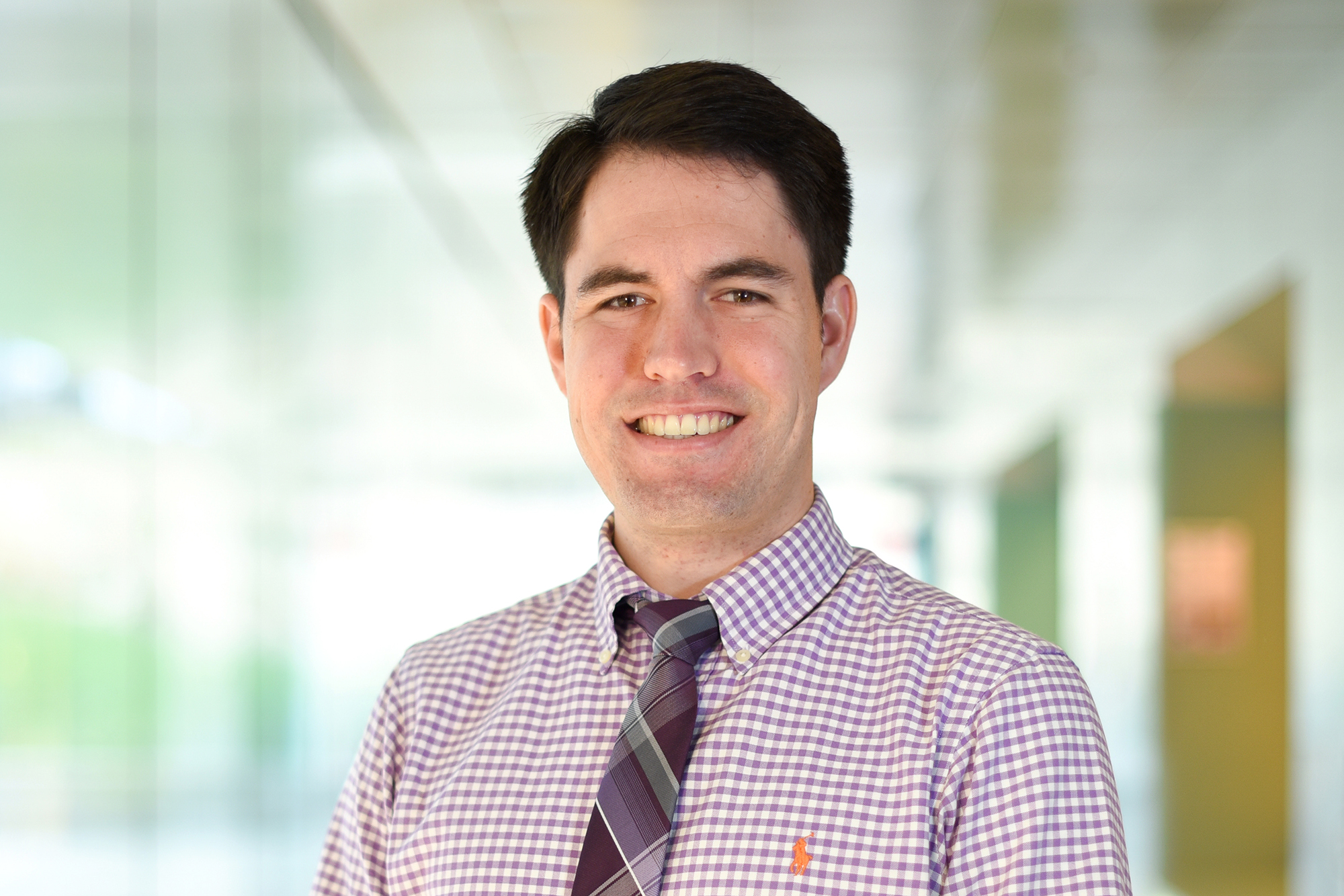Kaleo Roberts awarded fellowship for remote sensing research that could aid crop management

PhD student Kaleo Roberts was awarded a J. Robert Beyster Computational Innovation Graduate Fellowship to support his research that could improve the remote sensing of crop biomass and spatial soil moisture across the globe. Roberts focuses specifically on predicting the radar signature of corn fields. Accurate predictions will help radars monitor soil moisture and growth stage, which can help farmers improve crop management for higher crop yields.
Corn is a major source of food for both people and livestock, and it is widely used as a biofuel and as raw material in industry. However, it is challenging to predict the radar signature of corn because of its large electrical size at microwave frequencies, the complex structure of the plant, and the ordered nature of a corn-field canopy.
Roberts uses advanced electromagnetic computational software to solve for the microwave scattering from the complex structures of corn plants. Using the resources of U-M’s Great Lakes high-performance computing (HPC) system, he designs and experiments with large simulations to create a predictive model that is accurate and computationally tractable.
Roberts plans to extend his work by creating an inversion model that will allow other researchers to derive estimates of soil moisture or growth stage from radar backscatter measurements. Such measurements could help farmers grow more food or provide more accurate weather models.
Roberts is advised by Kamal Sarabandi, the Rufus S. Teesdale Professor of Engineering and Director of the Radiation Laboratory. He earned his bachelor’s and master’s degrees from Brigham Young University.
The J. Robert Beyster Computational Innovation Graduate Fellows Program was established by Dr. J. Robert (BSE M ’45, BSE P ’45, MSE Phys ’47, PhD ‘50) and Betty Beyster to support research on high performance computing by U-M engineering students.
 MENU
MENU